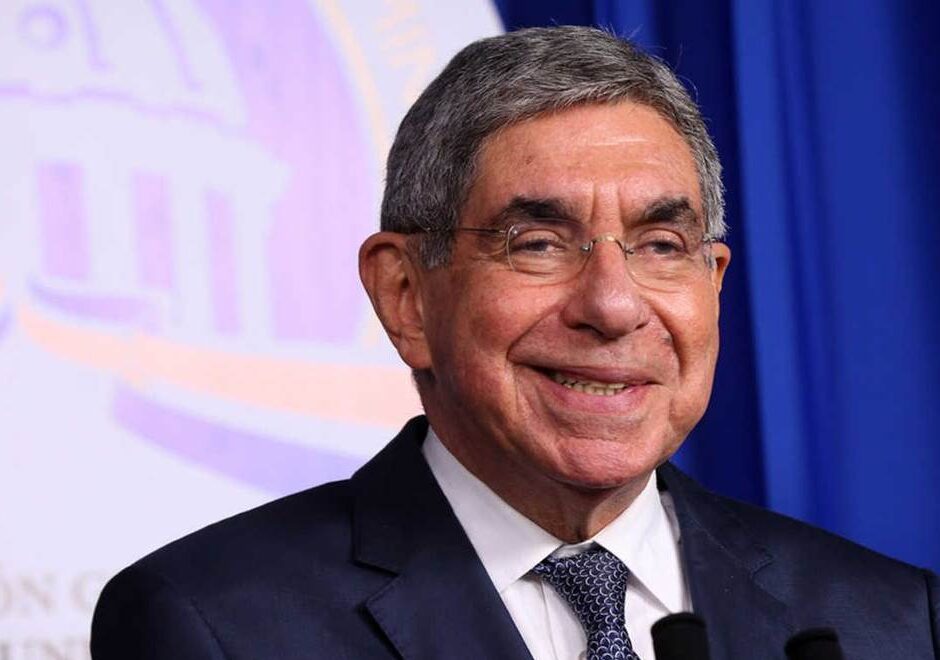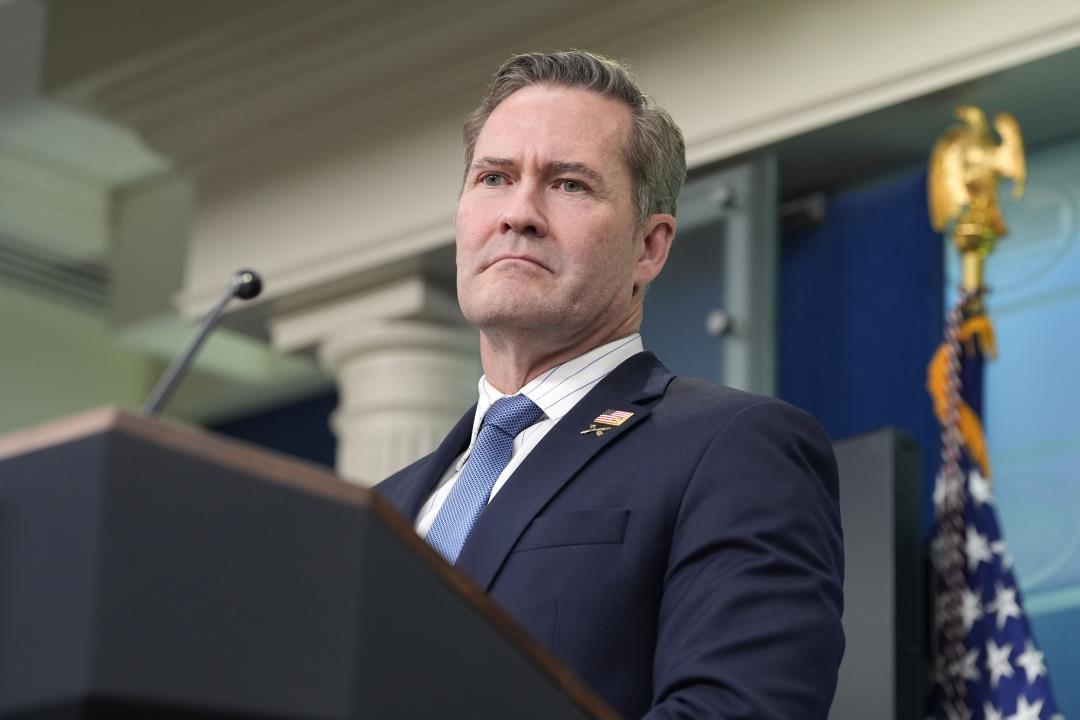Trump and Saudi Arabia's Bold Investment Moves
Explore how Trump's relationship with Saudi Arabia is structured around substantial investments, international diplomacy, and contentious historical issues.
Published January 24, 2025 - 00:01am

Image recovered from washingtonexaminer.com
In a remarkable resurgence of diplomatic engagement, President Donald Trump has solidified plans for staggering investments by Saudi Arabia in the United States. During a keynote address at the World Economic Forum in Davos, Trump announced a potential $600 billion inflow from the Middle Eastern kingdom over the next four years. This revelation followed a significant phone call with Saudi Crown Prince Mohammad Bin Salman, during which both leaders discussed enhancing Middle Eastern security and stability.
Trump's declaration at Davos, earmarking a new era of U.S.-Saudi relations, has its historical roots. During his previous tenure, Trump cited the Abraham Accords as a hallmark achievement, fostering unprecedented diplomatic relations between Israel and several Arab nations, including the United Arab Emirates and Bahrain. These accords underscore Trump's approach towards regional peace, one heavily influenced by economic incentives and strategic ties with Gulf nations.
Amidst the financial promises, Trump has also turned to pressing Saudi Arabia and OPEC on oil prices, suggesting that reduced costs could halt the Russia-Ukraine conflict. Trump's economic strategy extends towards a broader geopolitical stage, including criticism directed at NATO and the European Union regarding trade imbalances and defense spending.
Hindi news sources have highlighted Saudi intentions to enhance trade and investment in the U.S., though specific details remain scarce. Analysts speculate these could include further engagements through the Saudi Public Investment Fund, which has substantial stakes in both American companies and sports industries. Notably, Saudi Arabia, a major purchaser of U.S. weaponry, faces scrutiny for its military engagements in Yemen and its internal human rights record.
German media have emphasized Trump's overtures towards Saudi leadership, despite historical political tensions. His efforts to appeal to the Crown Prince signal a pragmatic approach driven by mutual financial interests. The strategic economic dialogue is deeply intertwined with broader foreign policy goals and signifies a calculated shift from previous administrations.
The tense undercurrents stemming from journalist Jamal Khashoggi's assassination, allegedly sanctioned by the Crown Prince, remain a crucial point of contention, potentially straining international perceptions of this partnership. The steadfast commitment to economic growth and security cooperation, however, seems to overshadow these concerns in Trump's dialogue with Saudi Arabia.
Brazilian reports have confirmed the renewal of extensive bilateral cooperation, highlighting Saudi's strategic focus on technological and infrastructural investments in the U.S. These initiatives are poised to considerably boost trade dynamics, reflecting a robust economic alliance that surpasses diplomatic formality.
Spanish narratives underscore the potential for Saudi investment to align with Trump's domestic policy reforms, aimed at catalyzing unprecedented economic prosperity. The intertwining of politics and economics remains central to discussions aimed at reinforcing both nations' strategic interests on a global scale.
The prospective expansion plans allow Trump to portray his administration as adept at leveraging international alliances to bolster the U.S. economy. This narrative further cements his intention to maintain a prominent presence on the world economic stage, rooted in transactional diplomacy.
As the geopolitical landscape evolves, Trump's ability to maintain beneficial ties with Saudi Arabia serves as a testament to his broader strategic vision. It revitalizes economic partnerships rooted in mutual benefit, poised to navigate the complex tableau of international politics with pragmatism and foresight.








